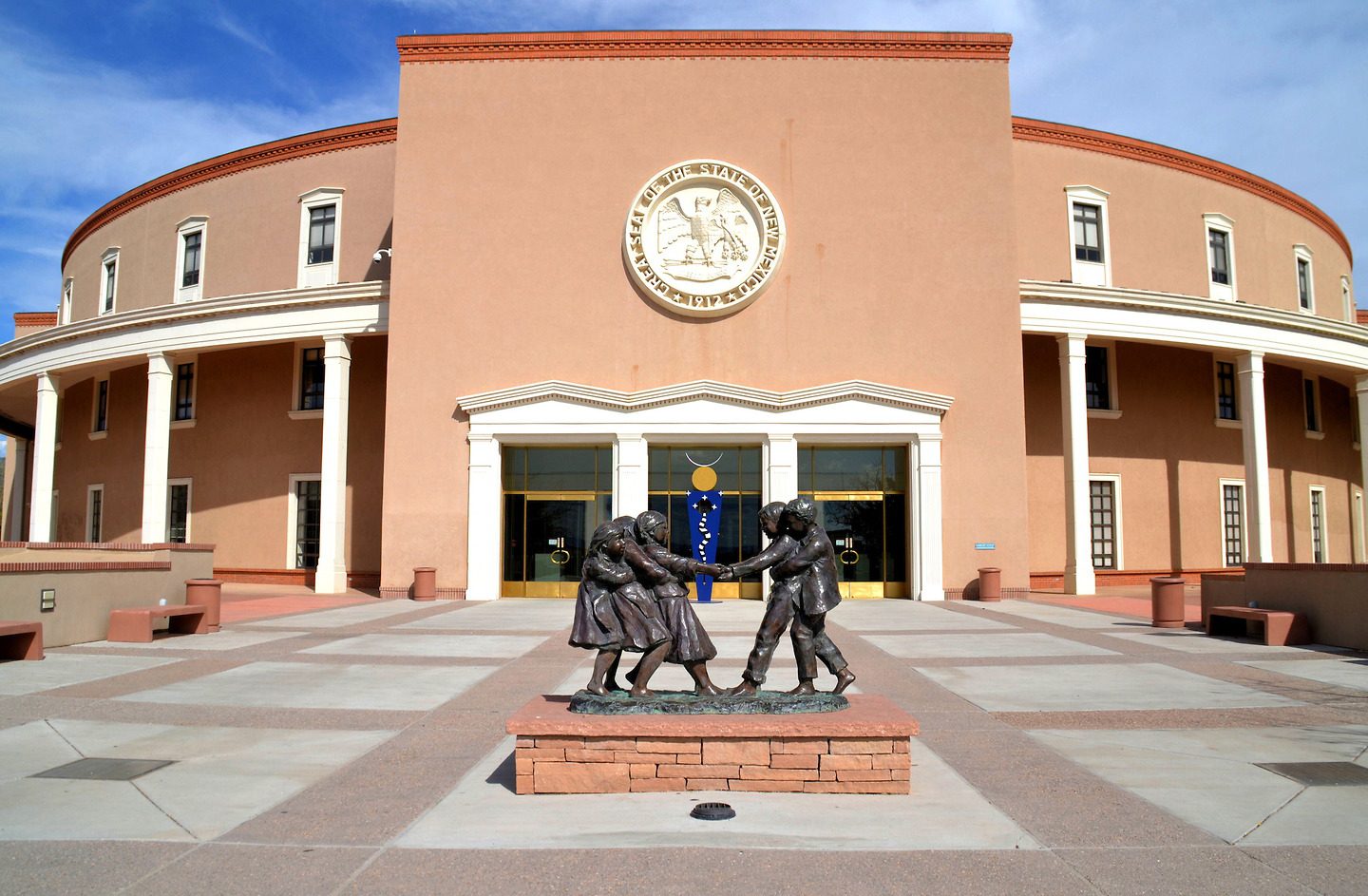Maryland General Assembly considering election bills on curing ballots, prosecuting violations

A pair of bills related to election integrity continued their progression through the Maryland General Assembly during this legislative cycle.
The House Ways and Means Committee recently took testimony on a pair of Senate bills — SB 0015 and SB 0163 — that are under review at a time when election-related laws have been a hot topic within Maryland, and across the country.
At the committee hearing, held March 22, much of the discussion was centered around SB 0163. As drafted, the legislation outlines the procedures for canvassing and curing ballots that are cast as absentee and provisional.
Curing refers to addressing ballots sent in before Election Day without signing the oath. Once the oath has been signed on the absentee or provisional ballot’s envelope, the interior ballot is considered cured and included in the tabulation.
“This is about ensuring that the ballot can be open and counted,” said state Sen. Cheryl Kagan, D-Montgomery, who is a sponsor of SB 0163.
In her testimony to the House Ways and Means Committee, Kagan referred to it as an “emergency bill” in light of a recent judicial ruling.
The state Supreme Court recently rendered a decision to move Maryland’s primary election to July 19. This has spurred a series of new deadlines for voting. The new date to register to vote this year is June 28, while the amended deadline to request a mail-in ballot is July 12.
Speaking to SB 0163 and the new dates in play, Kagan said, “Frankly, it’s even more urgent since the election date was pushed back three weeks.”
Kagan said the bill’s intent is to create standardization and uniformity from one county to the next across Maryland.
“One of the reasons for this bill is to make sure curing is done exactly the same way in all 24 jurisdictions,” Kagan said. “We don’t want a county that’s got extra staff to be able to knock on someone’s door and someone else in another county to make a phone call two weeks later.”
Jared DeMarinis, director of the Maryland Board of Elections, said his office was in support of the legislation and the integrity of the processes that would be followed.
“You have bipartisan teams, and you also have outside observers,” DeMarinis said. “As these envelopes come in that need to be cured, everyone understands that it is being done in a nonpartisan manner and under the scrutiny of public eyes.”
SB 0015, the other election-related bill that recently was reviewed, proposes extending the statute of limitations from prosecution of election-related offenses from three to four years.
The bill touches on what types of offenses would be included in the provision, including state campaign finance law violations and the abuse of political committee positions.
State Sen. Michael Jackson, D-Cheltenham, is sponsor of SB 0015. He described it as “a straightforward piece of legislation that does a few significant things.”
“If enacted, the added amount of time that this legislation would provide would allow prosecutors to better complete investigations,” Jackson said.
He added, “This would help them to better do their job, holding those accountable who intentionally and maliciously seek to undermine the integrity of the campaign finance laws and related electoral system.”
This article was originally posted on Maryland General Assembly considering election bills on curing ballots, prosecuting violations



